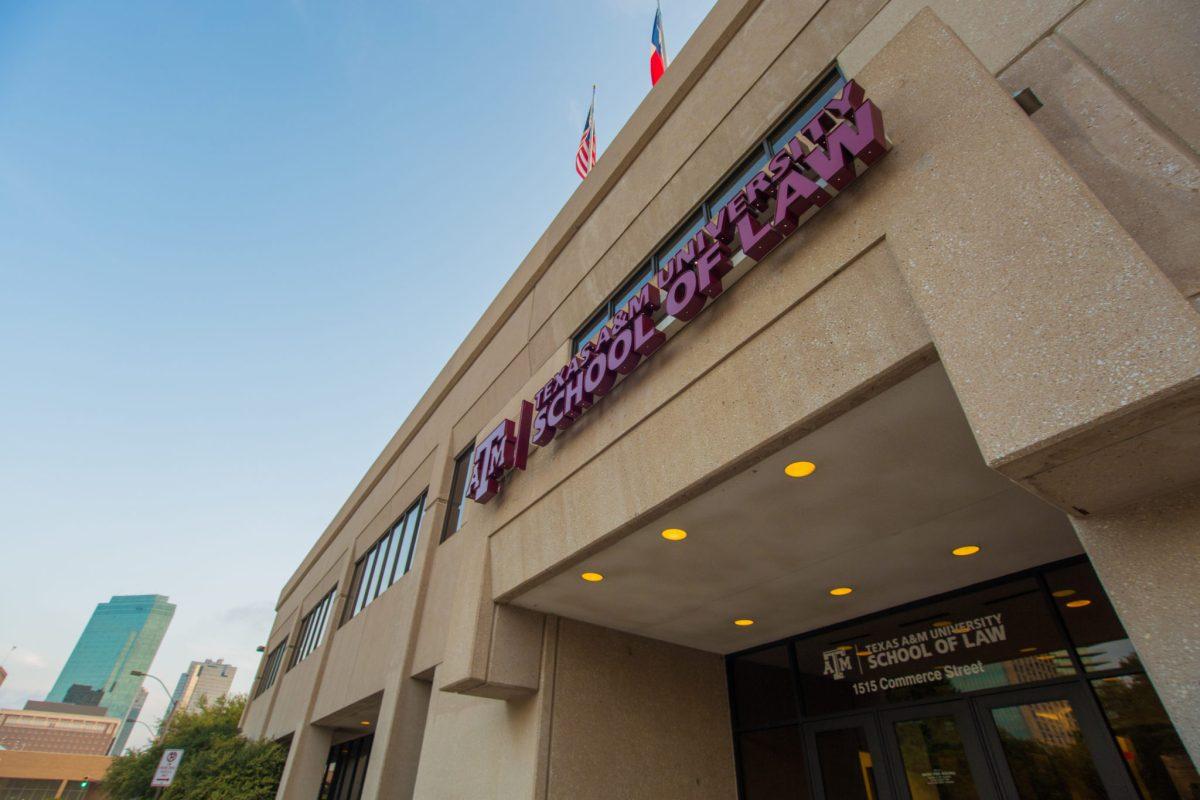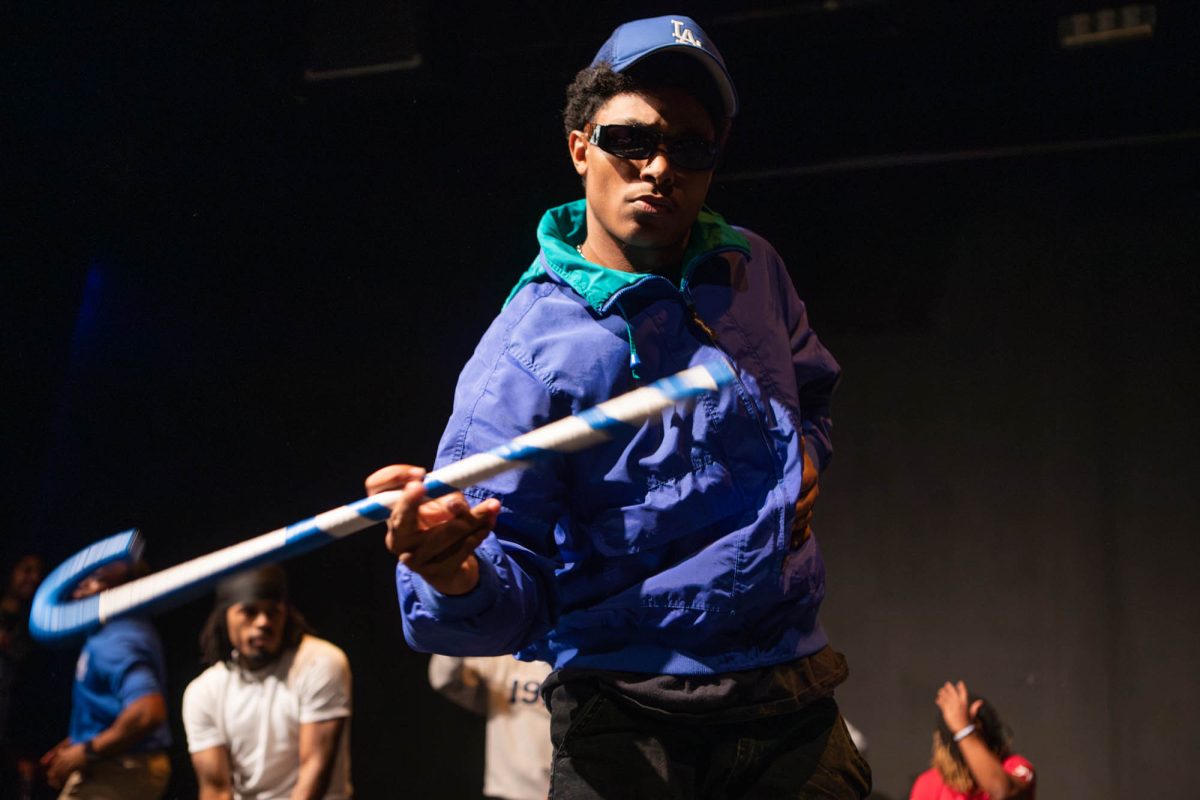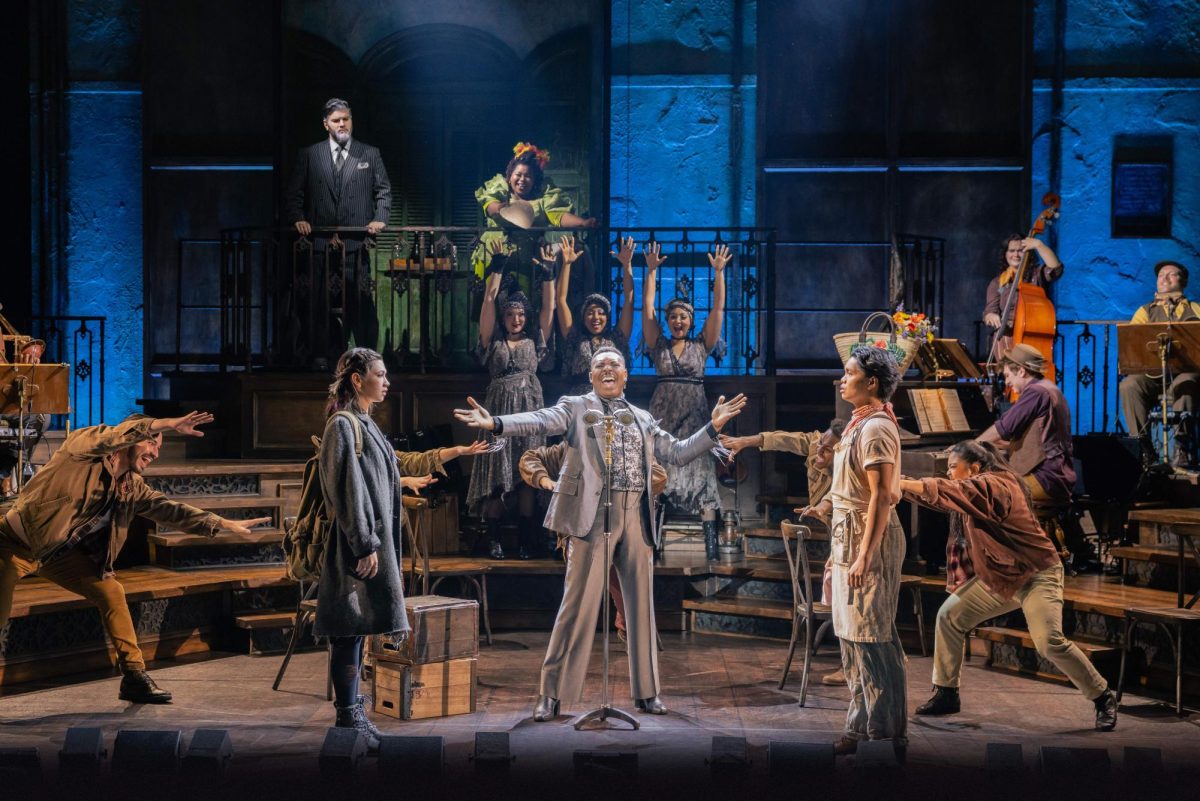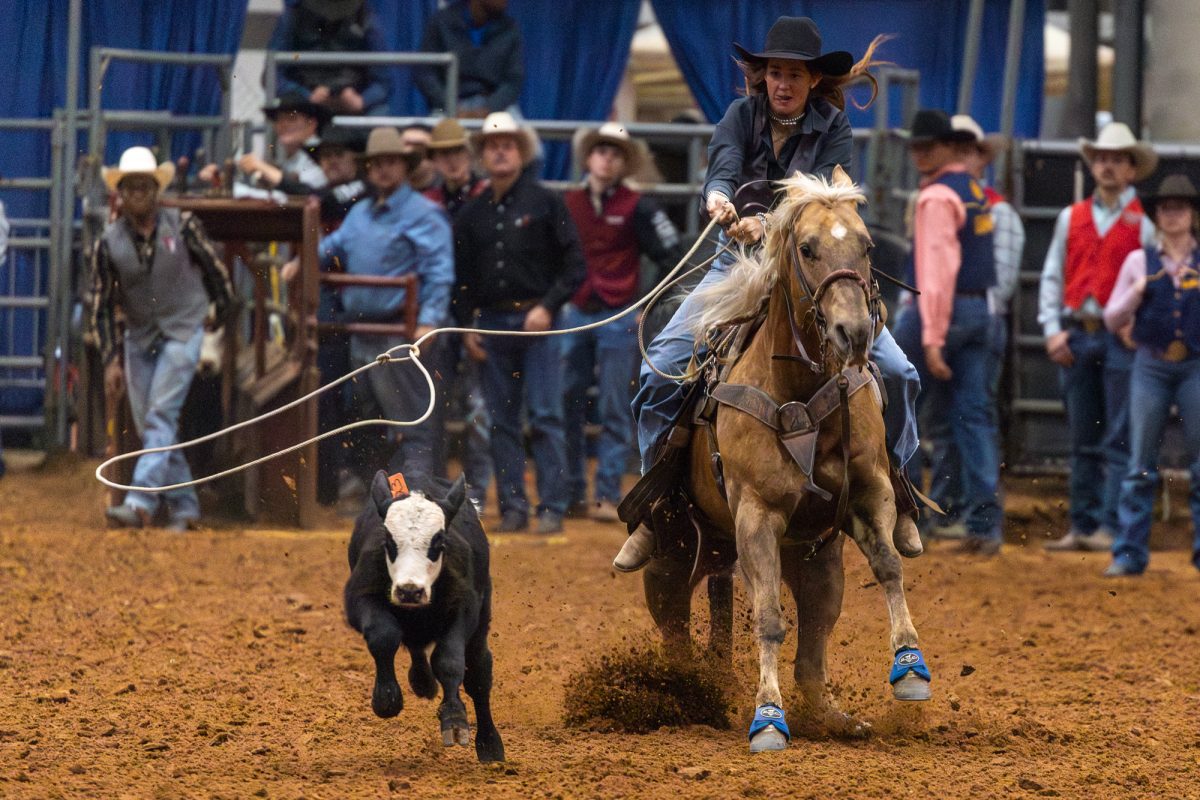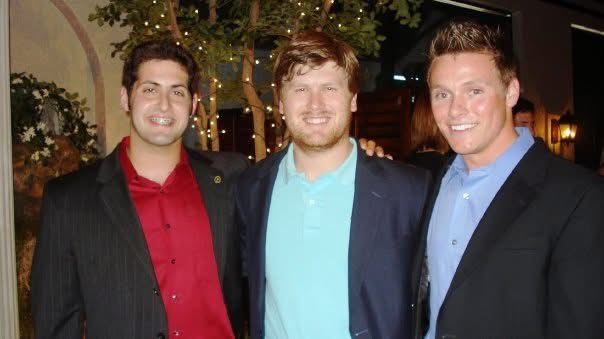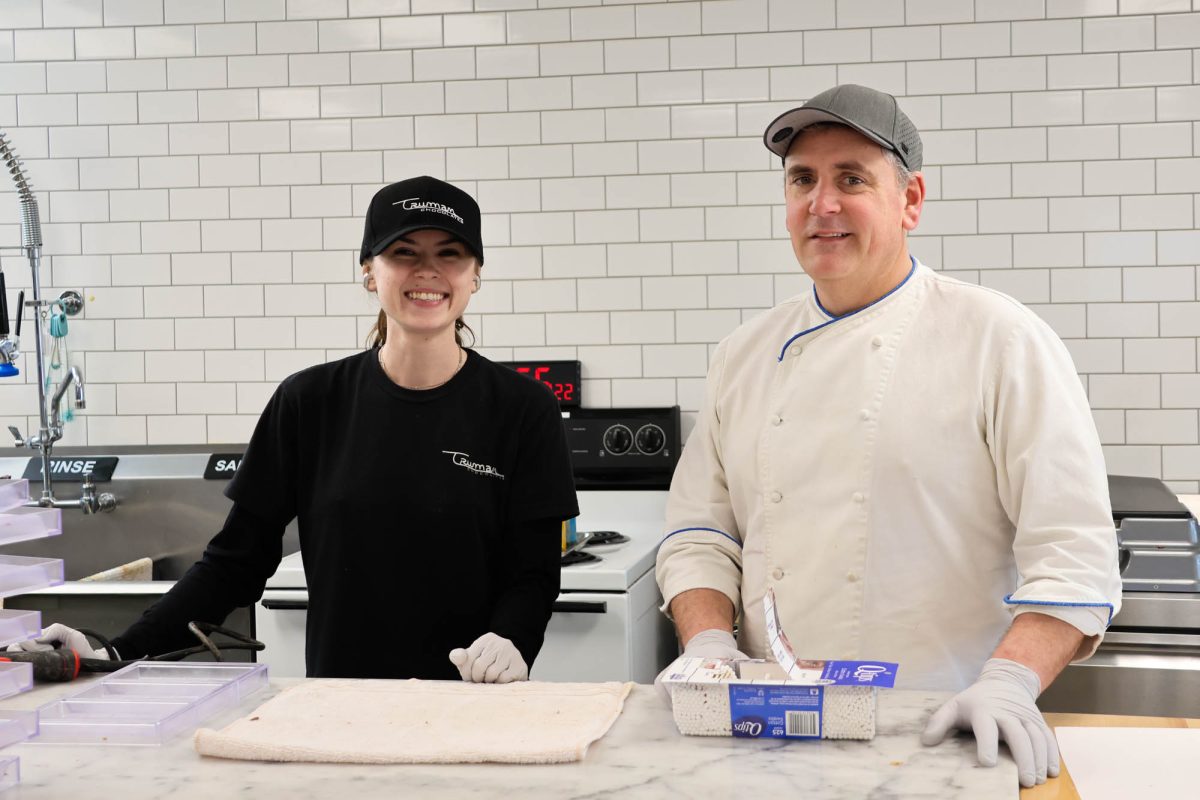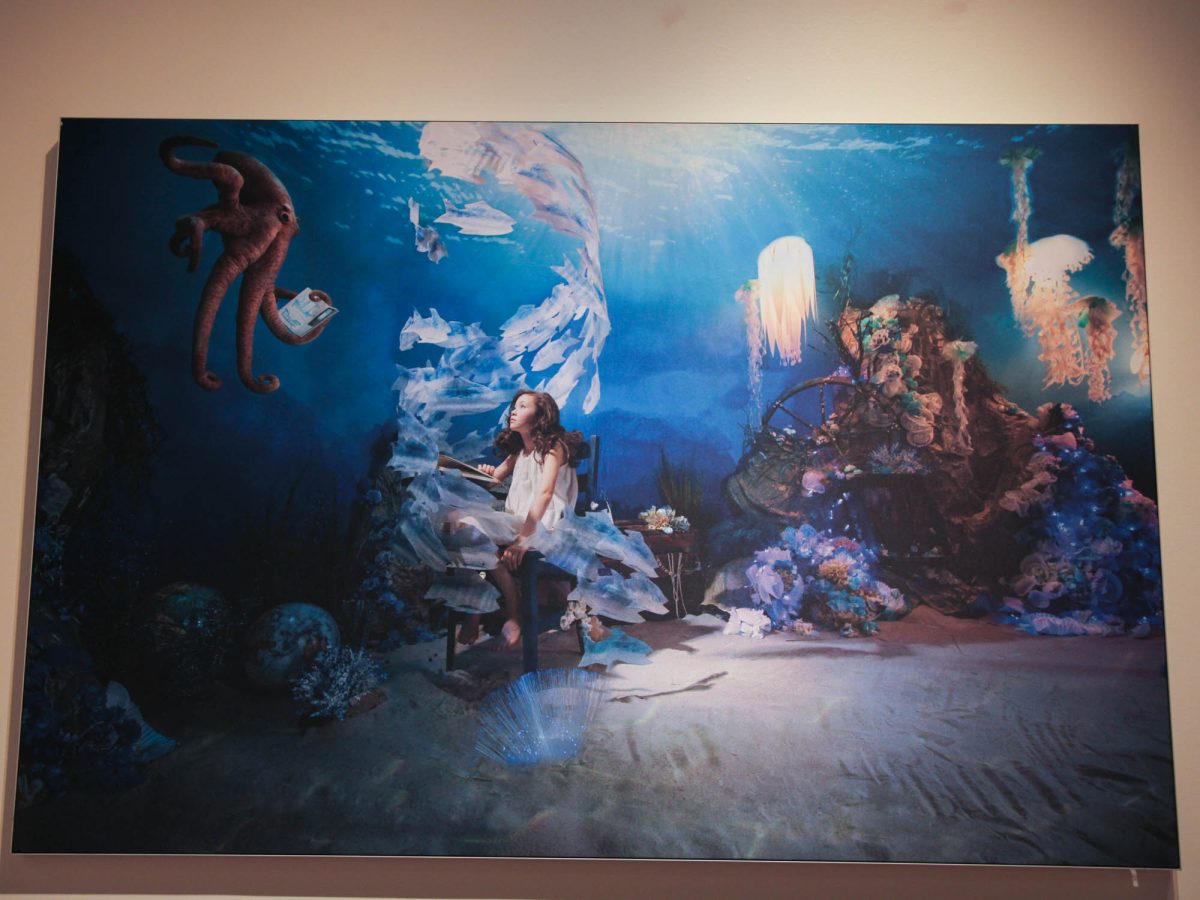On Monday, Nov. 7, the Federalist Society, Christian Legal Society, or CLS, and St. Thomas More Society, or STMS, jointly hosted an event entitled “Religious Liberty: Where It Stands and Where It’s Going,” heralding widespread condemnation from the School of Law student body.
The following day, 19 out of 34 student organizations signed onto a joint statement of solidarity condemning the event’s two speakers, Ryan Bangert, Vice President of Strategic Initiatives & Special Counsel to the President for the Alliance for Defending Freedom, or ADF, and Hiram Sasser, Executive General Counsel at First Liberty Institute. The two organizations promote anti-LGBTQ+ positions and policies, both domestically and internationally.
“Hate has no place in our law school,” the joint statement said. “Platforming Christian nationalist anti-LGBTQ+ organizations goes beyond mere ‘differences in opinion.’”
On Nov. 9, STMS followed suit with their own statement. They emphasized their “[deep] regret that [their] fellow students felt unsafe, hurt or hated. It was an oversight which did not reflect what [they stood] for.”
The Federalist Society and CLS did not release statements of their own. CLS President Morgan Moya anticipated difficulties prior to the event, but held steadfast to her faith.
“I’m sure some of you have heard whisperings … with peers upset regarding the upcoming panel,” Moya said in the CLS GroupMe. “I know our fight is not with people and that our King has won.”
ADF is a designated hate group according to the Southern Poverty Law Center. The nonprofit legal organization maintains a number of anti-LGBTQ+ views, including criminalizing sodomy abroad, the sterilization of trans people, equating homosexuality with pedophilia and generally promoting legislation and policy which would allow for targeted discrimination of queer people.
Additionally, ADF was pivotal in overturning “Roe v. Wade.” The nonprofit helped draft Mississippi’s Gestational Age Act, supported its defense during lower court litigation and served on the legal team at the Supreme Court level.
First Liberty Institute, the largest nonprofit Christian legal organization, provides representation to those alleging religious discrimination. A recent press statement, for example, reveals they filed a federal lawsuit against the University of Michigan Health-West on behalf of a physician assistant who was fired after refusing to provide gender-affirming care to trans individuals.
The Battalion reached out to all three student organizations at the center of controversy. STMS and CLS responded and declined to comment. The Federalist Society was unable to comment at time of publication.
Students have been in conversation with the School of Law administration but, unlike student groups, they have not been quick to action. OUTLaw member Cecil Mattson, a 2L, criticized the administration’s delayed response.
“It’s taken multiple days and student organizations got it down,” Mattson said. “I don’t know why it’s taking the deans so long.”
Students began to murmur late Sunday prior to the event, reaching a fever pitch upon its conclusion. Women Law Students Association President Anna Graves took charge of drafting the solidarity statement the following day. Other student organizations collaborated and quickly signed on.
“Generally, there was a discussion amongst the [OUTLaw] members about the sentiments that were felt,” Mattson said.
OUTLaw President Hunter Chapa first got wind of the speakers’ dubious affiliations the morning of the event, which just so happened to be their 27th birthday.
“After my last class at three o’clock, I came home before my birthday dinner and spent my afternoon writing up the [OUTLaw] letter,” Chapa said.
This religious liberty panel comes less than a month after the last controversial event, when the Federalist Society hosted Mississippi Solicitor General Scott G. Stewart, “The Man Who Argued Dobbs.” Stewart argued in favor of overturning “Roe v. Wade.”
Students criticized the “Dobbs” event as a tactless “victory tour,” the Federalist Society website revealing A&M as just one among Stewart’s many stops. Rival organizations protested peacefully by holding rivalevents and attempting to table outside the event, much to the administration’s chagrin.
“The administration didn’t allow us to table outside the Dobbs event, we had to be by the elevators,” Mattson said. “It wasn’t a very effective form of protest because we were so far away from [the event].”
Derek Hudiburg, 2L and president of the American Constitutional Society, a counterweight to the Federalist Society, held one such protest event entitled “My Body, My Choice.” In lieu of attending the “The Man Who Argued Dobbs,” students held a discussion on reproductive rights.
“I think that some people knew that it was going to get a reaction and that is what some people inside the Federalist Society wanted,” Hudiburg said. “I don’t necessarily think that there that the dots were connected, that it would have this impact.”
Hudiburg does not wish to assume ill-will on their behalf. He believes civil discourse would do much to assuage tensions within the law school community, if only the Federalist Society were conducive to it.
“You can very easily have an idea and not have to put a face to that idea when you have a speaker that comes and talks about sterilization for trans individuals,” Hudiburg said. “To have an individual there that has gone through these issues forces everybody to realize that all of these decisions do affect somebody.”
Chapa has previously attempted to collaborate with CLS. During the beginning of the semester, Chapa spoke to a CLS board member about hosting a faith-based conversation around LGBT inclusion. They were not on board.
“They specifically denied me asking if they wanted to do a speaker event that included a pastor or someone that was from an inclusive LGBT church,” Chapa said. “They said that they were not comfortable doing that and swung the other way by inviting an anti-LGBT hate group.”
On Thursday, Nov. 10, Dean Ahdieh and the Student Board Association held a town hall which became a forum regarding the week’s events. The discussion lasted two hours. Members of the conservative groups attended but did not speak. Federalist Society faculty advisor, Professor Penrose, released a statement of remorse.
“Having spoken with the Federalist Society leadership I can unequivocally confirm that this event was never intended to cause harm or make anyone at the law school feel unsafe or unwelcome,” Penrose’s statement read.
Chapa doubts the sincerity of the sentiment, however. Chapa said the student leadership’s silence speaks volumes.
“I feel like if it were sincere, the Federalist Society themselves would have come out with a statement.” Chapa said.
“The intention of these organizations may not have been to invite a hate group on campus, like Penrose said, but the impact of their choice is what matters,” Chapa said. “The responses from certain students at the school on online forums like GroupMe and Discord made it clear that the feelings, inclusion, and safety of queer students did not matter.”
CLS officially declined to issue a statement on Saturday, Nov. 13. They maintain they meant only to “learn about and encourage dialogue about religious liberty–causing anger and resentment was never the goal.” Despite this acknowledgement, it does not address some students’ concerns with reference to a nebulous “common good.”
“We ultimately believe that CLS acted out of faithfulness and that the event was part of our pursuit of the common good,” Moya said. “Feel free to reach out with any questions or prayer requests.”




